What is Chatbot Marketing?
Chatbot marketing is revolutionizing the mode in which businesses interact with their customers, automate sales, and enhance customer engagement. Through the impact of artificial intelligence and machine learning, chatbots have become a very important digital tool for modern marketing strategies. This helps businesses streamline modes of communication, provides instant answers, and creates a better customer experience. Whether used for lead generation, customer support, or e-commerce, chatbot marketing is an economical way to enhance engagement and drive conversions. We will be able to understand what types of chatbots are used, the benefits and drawbacks associated with each one, and if businesses should pay for or make use of free chatbots in this article.
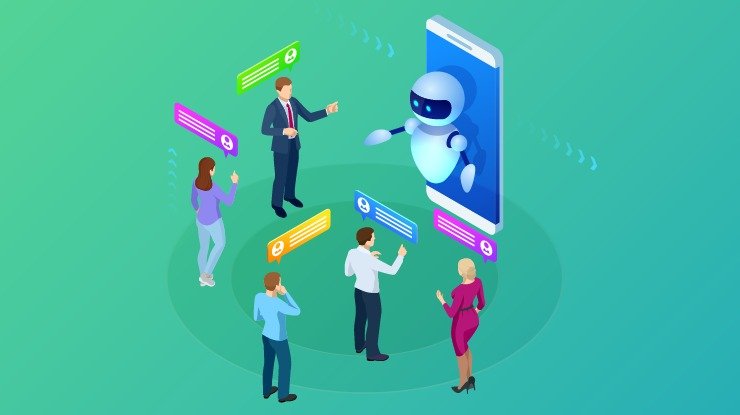
Types of Chatbots in Marketing
There are many types of chatbots for marketing, each catering to different business needs:
- Rule-Based Chatbots: These bots work on predefined scripts and decision trees. They are helpful when it comes to dealing with FAQs and provide a little guidance to users while holding structured conversations. However, they have a hard time with complex queries.
- AI-Powered Chatbots: These are basically chatbots, powered by ML and NLP, so they can understand what the user’s intent is. They learn on the fly while interacting with a user and tend to be well-suited to businesses that want dynamic engagement.
- Hybrid Chatbots: These are an integration of both rule-based as well as AI-powered functionality. Hybrid chatbots can render automation as well as human-like conversations, making it a platform suitable for various types of marketing applications.
- Chatbots integrated on Social Media Platforms: They are available on platforms like Facebook Messenger, Instagram, and WhatsApp. Through chatbots, companies can talk to customers directly on their social media, which increases engagement and customer support.Website chatbots: These are integrated onto company websites for the purpose of helping visitors in navigation, providing product recommendations, and offering support in real time. They improve website engagement and help convert visitors into customers.
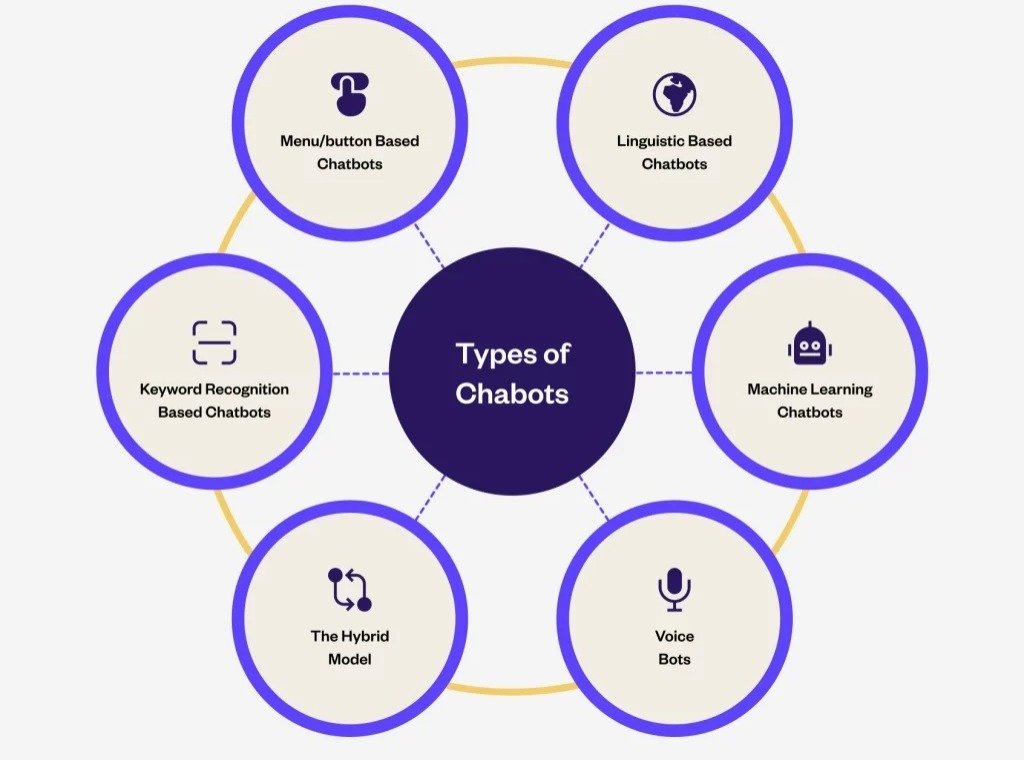
Advantages of Chatbot Marketing
There are many benefits to chatbot marketing.
- 24/7 Customer Support: Another advantage of chatbots over human agents is the availability of service 24/7, ensuring customers receive prompt support at any point in time.
- Increased Engagement: AI-driven chatbots provide customized responses and engaging content, which keeps users interested and engaged with the brand.
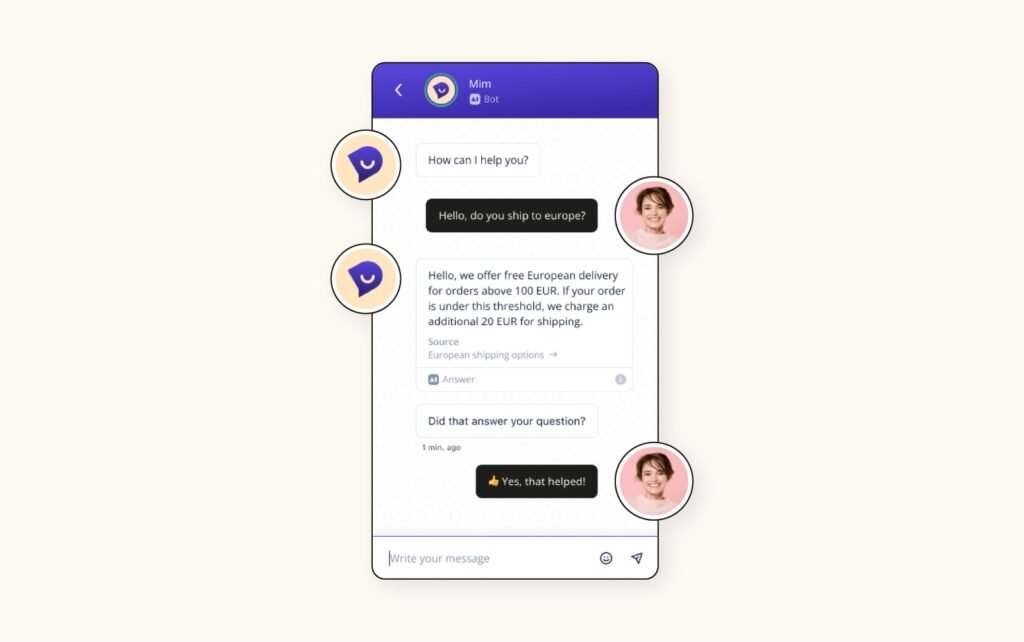
- Low Costs: Businesses reduce their operational costs by automating repetitive queries of the customers instead of developing large support teams.
- Lead Generation & Sales Boost: Chatbots qualify leads, take customers through the sales funnel, and even process transactions to boost conversion rates.
- Data Collection & Insights: Valuable customer data gathered by chatbots helps businesses analyze trends, improve marketing strategies, and personalize user experiences.
Disadvantages of Chatbot Marketing
Despite the benefits, chatbot marketing has its challenges.
- Limited Human Touch: Chatbots lack emotional intelligence, making them less effective in handling complex or sensitive issues.
- Language & Understanding Barriers: AI chatbots may struggle with slang, accents, or language nuances, leading to miscommunication.
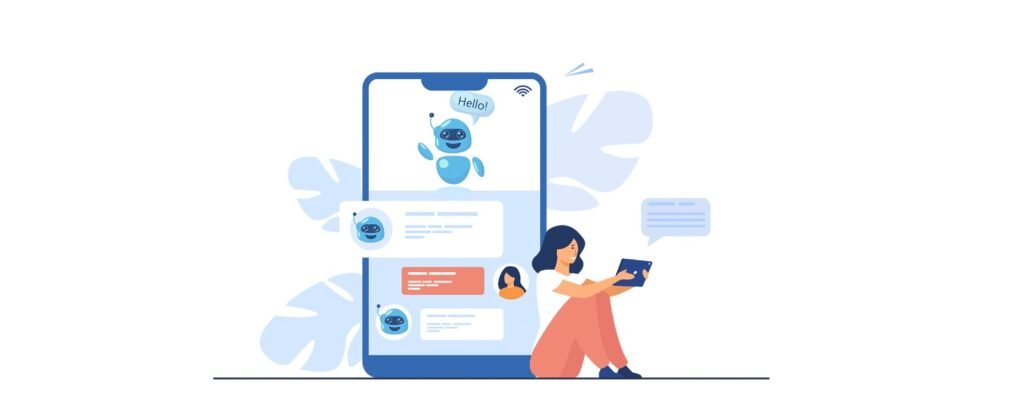
- Technical Issues & Maintenance: Chatbots require regular updates to remain effective. Bugs or system errors can negatively impact customer satisfaction.
- Customer Preferences: Some users prefer human interaction, especially for high-value purchases or detailed inquiries, which limits chatbot effectiveness in certain scenarios
Paid vs. Free Chatbot Solutions
Businesses can choose between free and paid chatbot solutions based on their needs and budget.
- Free Chatbot Platforms Tools like ManyChat (basic plan) and Chatfuel (free version) allow businesses to create simple rule-based chatbots with limited functionalities. These are ideal for startups or small businesses looking to automate basic interactions without incurring extra costs.
- Paid Chatbot Solutions Platforms like Drift, HubSpot, and Intercom offer advanced AI-driven chatbots with integrations, analytics, and automation features. Pricing depends on usage, features, and the number of users.
- Custom-Built Chatbots: Businesses can hire developers to create tailored chatbots with specific functionalities. This option is more expensive but provides greater customization and efficiency.
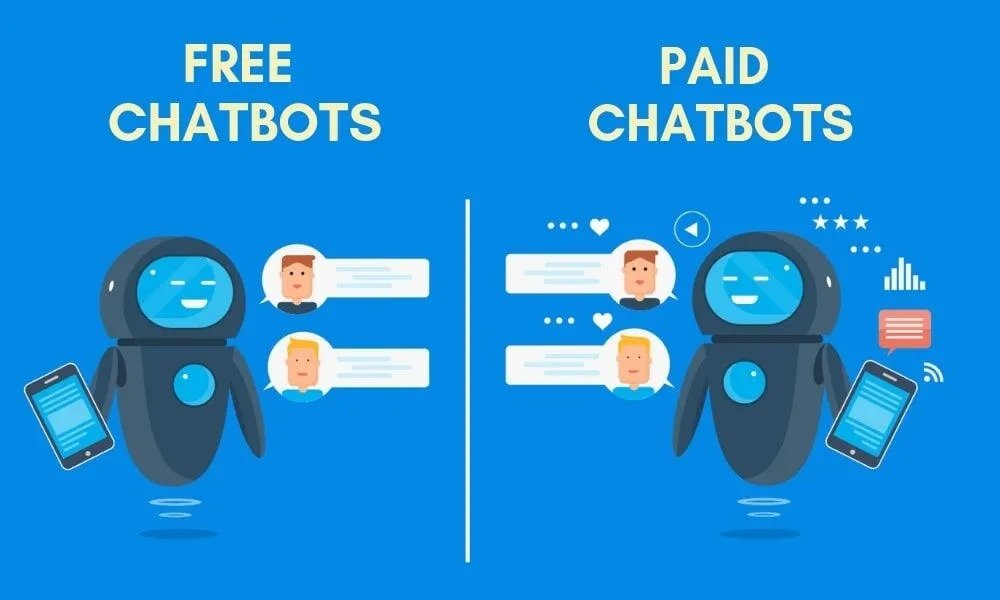
Conclusion
Chatbot marketing is a game-changer for businesses aiming to enhance customer engagement, automate support, and drive sales. With different types of chatbots available, from rule-based to AI-powered, companies can choose a solution that fits their marketing strategy. While chatbot marketing offers significant benefits like 24/7 support, cost savings, and lead generation, it also has limitations, such as the lack of human touch and technical maintenance challenges. Choosing between free or paid chatbot solutions depends on business goals, budget, and the level of customization required. Ultimately, a well-implemented chatbot marketing strategy can improve customer interactions, boost conversions, and elevate brand engagement in today’s digital landscape.

